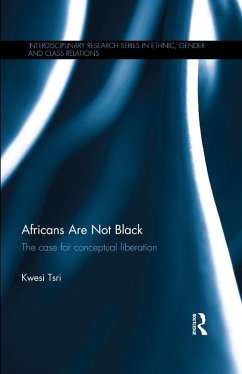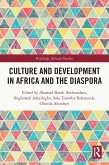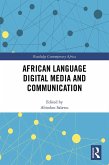Africans are not literally black, yet they are called black. This book explores the history of describing Africans as black, the consequences of this practice, and how it contributes to the denigration (blackening) and dehumanisation of Africans. It uses this analysis to advance a case for abandoning the use of the term black to describe and categorise Africans. Mainstream discussions of the history of European racism have generally neglected the role of black and white colour symbolisms in sustaining the supposed superiority of those labelled white over those labelled black. This work redresses that neglect, by tracing the genesis of the conception of Africans as black in ancient Greece and its continued employment in early Christian writings, followed by an original, close analysis of how this use is replicated in three key representative texts: Shakespeare's Othello, the translation of the Bible into the African language Ewe, and a book by the influential Ghanaian religious leader, Mensa Otabil.
Dieser Download kann aus rechtlichen Gründen nur mit Rechnungsadresse in A, B, BG, CY, CZ, D, DK, EW, E, FIN, F, GR, HR, H, IRL, I, LT, L, LR, M, NL, PL, P, R, S, SLO, SK ausgeliefert werden.









